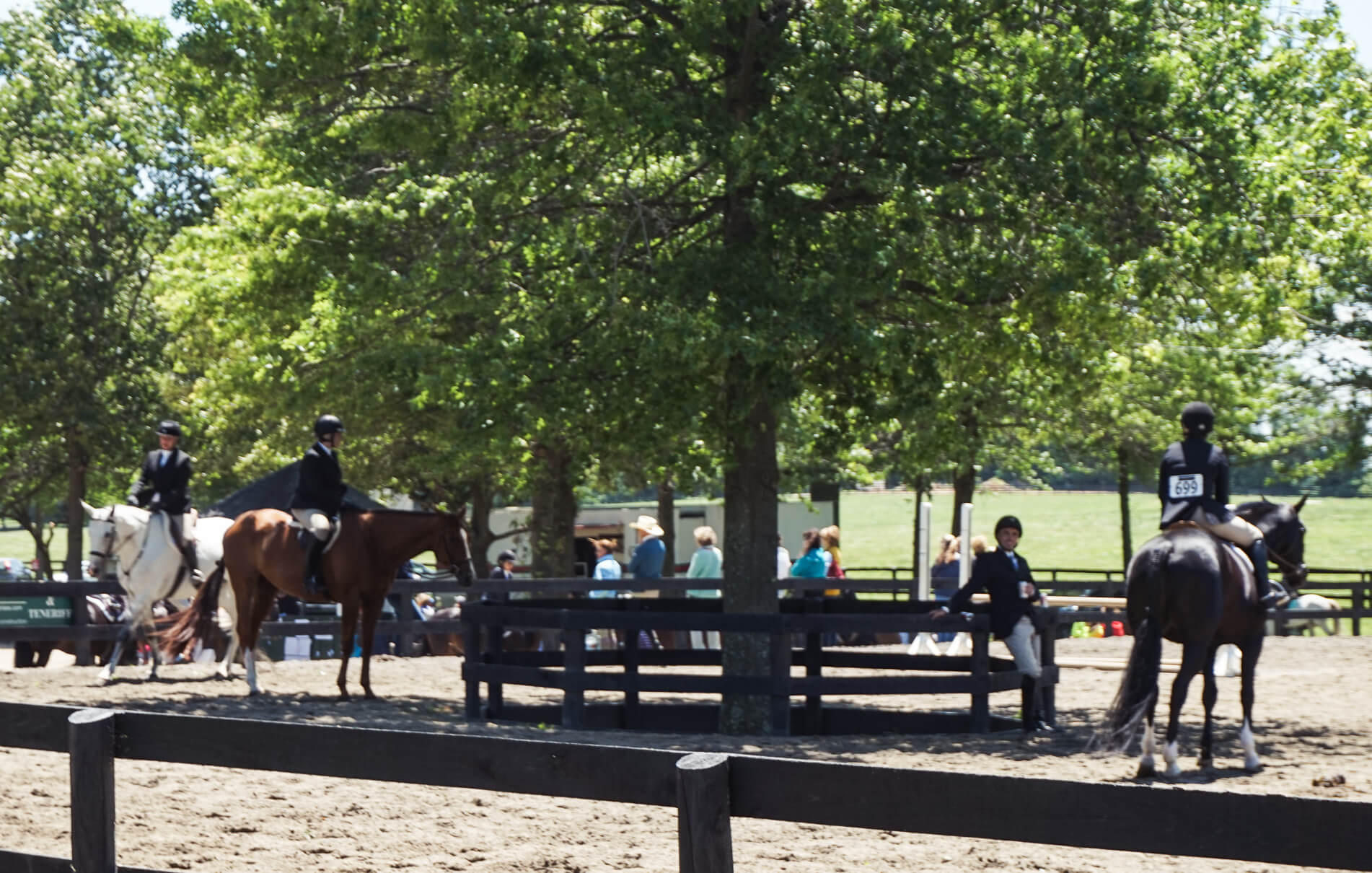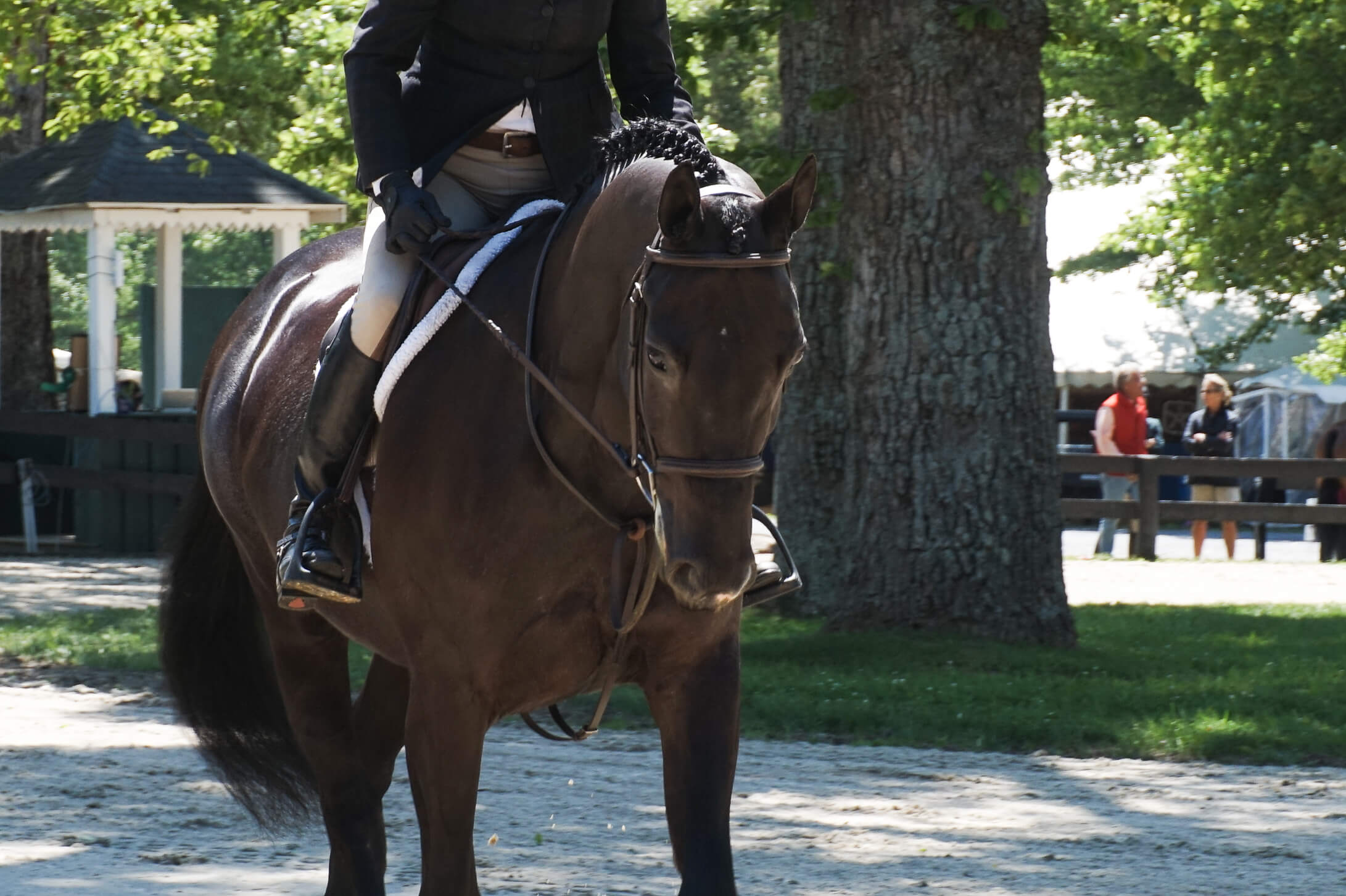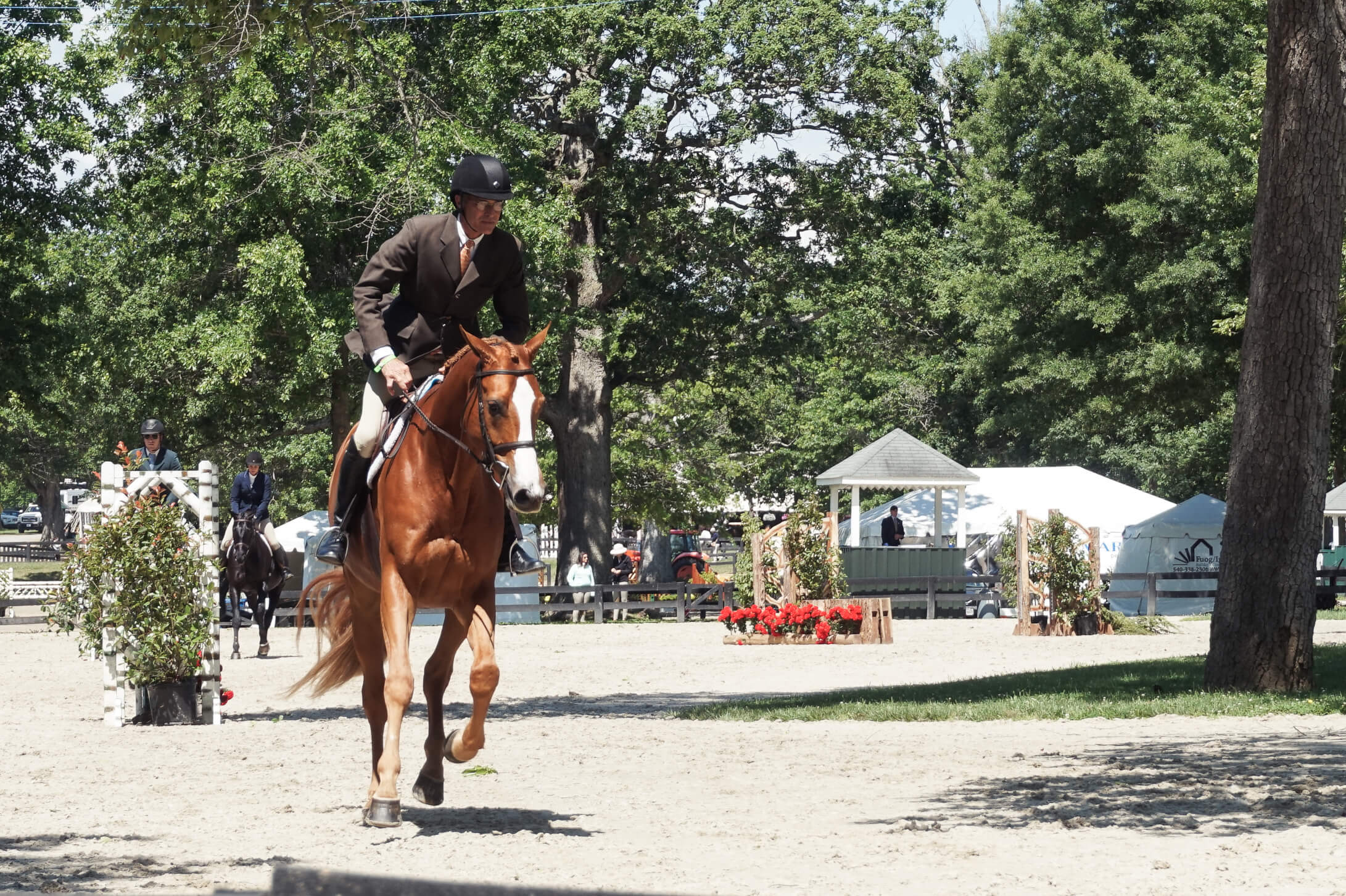
I’m not a USEF member (I’m way too casual currently) so while I was vaguely aware of Safe Sport. I wasn’t really paying attention because exactly none of it applied to me. Then, this morning I found out that Robert Gage has passed away, and it sounds like a likely suicide. He had been banned from USEF due to sexual misconduct involving a minor, an allegation from SafeSport, although he was waiting on an appeal.
What is SafeSport?
SafeSport is a partner organization that USEF works with to combat abuse of minors. USEF now requires that all members 18 years old and older follow the new guidelines, which basically amount to adults must only communicate with minors in a way that can be supervised by one or more additional adults. This applies to in person, through text messages, phone calls, and social media. Probably through carrier pigeon if someone tries that. Basically, any contact with a minor must be “observable and interruptible.” Any contact that is one-on-one, such as traveling in a car, suggests parental permission.
The abuses that USEF wants to protect minors against are emotional, physical, and sexual misconduct. The intentions are good, but it raises a few questions.
Where are the Parents?
It seems that SafeSport is more concerned about the minor than their parents are. Parents already could have been monitoring what their children were doing, checking in with them, teaching them what misconduct looks like. Some parents might have been. But there is also a culture of thinking the coach is looking out for the child’s best interests, not just in riding, but in all sports. Parents also can’t be with their children 24/7 – the children would never learn any kind of independence.

Who is Really Being Protected?
Yes, SafeSport obviously has been enacted to protect minors. But if there is always a witness to every child/adult interaction, who really gets the protection? By that, I mean, if an adult is accused of something they didn’t do, they now have a witness that can vouch for them. This could be helpful in a case where an interaction was misinterpreted. But, if the allegation is not the truth, obviously there is no need to invent a witness being present, unless it strengthens the case.
What is Emotional Misconduct?
In reference to the aforementioned misinterpreted interaction, it seems that any interaction where a child feels slighted could be emotional misconduct. Hurting someone’s feelings is emotional misconduct. Not letting the child win is emotional misconduct. Where is the line drawn for emotional misconduct?
And that brings me to my main issue –
Who is Investigating, and What Authority Do They Have?
SafeSport is in charge of the investigation, and the punishment. Let’s break down the process.
- SafeSport is Alerted to the Abuse. This includes a report made by a USEF member, a criminal charge, or an old crime brought to their attention. There is no statute of limitations. Someone can be accused of a crime that happened 30 years ago.
- Preliminary Inquiry. SafeSport determines if the matter should be moved to a full investigation by examining the evidence, the authority they have over the matter, and what code is violated. From the very beginning, SafeSport may seek interim measures including monitoring, contact limitations, or suspensions. While intended to keep the minor safe, this has the effect of the accused being guilty until proven innocent. The SafeSport sanction list is public. Current clients, potential clients, friends, family, and the entire community can view the list and see if someone is accused. Naturally, if the accused is proven as a predator, everyone is happy they’ve been called out. But if the accused was falsely accused, they permanently have the reputation of being a predator.
- Full Investigation. SafeSport appoints “trained investigators,” who will interview those involved, seek and evaluate evidence, and document everything. They will prepare a report of their findings, including a recommended sanction. The Director of the Investigation will then make the final decision.
USEF follows the guidelines of SafeSport. If SafeSport recommends a suspension, USEF will follow that. It should be noted that any decision that has been made in a court of law does not equal SafeSport’s decision. An accused can be found innocent in a court of law, and still be guilty to SafeSport, or vice versa. However, in the instance of a criminal conviction, SafeSport may use that to determine a violation has occurred.
At any point, a closed case may be reopened, by either the accused or the accuser presenting new evidence.

What Recourse Does the Accused Have?
Once the Director of the Investigation has made their final decision, the accused has five days to challenge the decision. Any interim sanctions imposed by SafeSport remain in effect throughout the process, unless the Director decides the implementation may be delayed. The accused may request a hearing before the arbitration body to challenge the decision, but no guidelines are given to when this would happen.
Later on, if they find new evidence, they may bring it to SafeSport to reopen the case, and possibly change the final decision.
There is a note that those who make false accusations may also be held to sanctions if they are proven to be false. But throughout the SafeSport guidelines, there is very little guidance provided for those who are accused. And if SafeSport is wrong, there’s no way to remove the accusation from the community’s memory.
I don’t know what Robert Gage was accused of, I just know it was from at least 30 years ago. It could be something horrible, it could have been a misunderstanding, or it could have been an example of how times have changed, and something that people didn’t feel was wrong then is now a big deal. But the loss of a respected member of the equestrian community shines a spotlight on SafeSport’s process. It is well intended to protect minors, but this is dealing with people’s lives, and livelihoods. While there is no doubt that abuse of minors does happen, the accused deserve to be innocent until proven guilty, not be subject to a witch hunt that will destroy their lives.
Is SafeSport the best way to protect the most vulnerable in our community? Can SafeSport be trusted to monitor the conduct of members? What should be done moving forward?
I don’t know the answers to these questions. Do you?
Update: I’ve been mulling this over the last few days, and I want to clarify the part that bothers me. Victims absolutely need to be protected and predators kept away from them. I also understand that USEF is a club membership, not a right. The issue as I see it is people being labeled as sexual predators by SafeSport, but yet they are not sexual predators by US law. They have not been tried in a court of law, but SafeSport is allowed to publicly declare them as a threat where their friends and family can see, leading to the public humiliation. And absolutely predators have it far easier than the victims, but if they are predators, why are they not considered predators in a court of law?

Tracy
I think it’s important to note a few things. SafeSport is mandated for all governing bodies of Olympic Sports — it’s not unique to USEF, and USEF is required to uphold and SafeSports sanctions.
Additionally, much like in a court case, the public is is allowed to know a case has been brought forth. What the public opinion is should have no bearing on the legal decision.
I’m not trying to defend the program 100%, as I do have some concerns. However, I think bringing these issues to the forefront, providing education and providing a forum for complaints is important.
Courtney
TracyYes, that is correct about SafeSport. That’s why I tried to focus on SafeSport’s activities vs USEF, who really doesn’t get much say in the matter.
I’m also not saying it’s not a good idea as a whole to protect minors – it is. I know I wouldn’t want something to happen to my daugthter, and I’d be glad to be in the loop of whatever she is doing. But I think some of the procedures need to be reexamined.